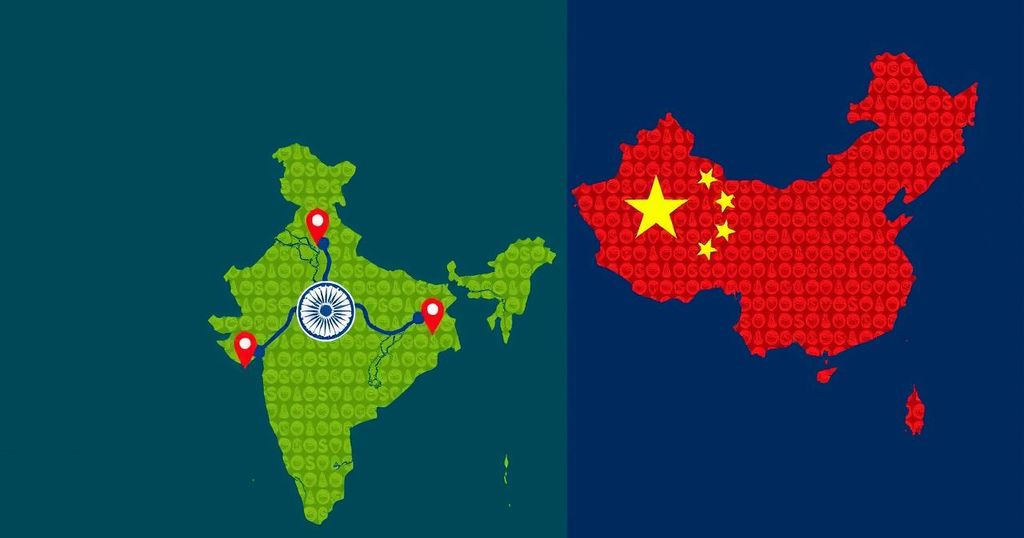Junta-led West African Nations to Launch Biometric Passports and Withdraw from ECOWAS
Summary
Mali, Burkina Faso, and Niger, three West African countries currently under military rule, are set to introduce new biometric passports as part of their departure from ECOWAS. This decision follows a series of coups and subsequent sanctions imposed by neighboring nations. The leaders have emphasized the need for a united alliance, aiming to strengthen cooperation while distancing themselves from foreign influence. The impact of this move on travel for citizens within the ECOWAS region remains uncertain amidst ongoing regional turmoil.
Three West African nations governed by military regimes, namely Mali, Burkina Faso, and Niger, are set to unveil new biometric passports shortly, marking their departure from the Economic Community of West African States (ECOWAS). The announcement comes in the wake of a series of coups that have led to military rule in these countries from 2020 to 2023. In January, these nations declared their intent to exit the regional bloc following sanctions imposed by neighboring states aimed at encouraging a return to democratic governance. The junta leaders have thus far resisted these pressures, choosing instead to fortify their collaborative efforts as part of the Sahel Alliance. Colonel Assimi Goïta, the leader of Mali’s junta and chair of the Sahel Alliance, stated in a recent televised address, “A new biometric passport of the [alliance] will be put into circulation with the aim of harmonising travel documents in our common space.” This proclamation was made just before the anniversary of the Sahel Alliance’s formation. Additionally, Goïta announced plans for a joint service to facilitate the consistent dissemination of information among the three nations. Burkina Faso earlier expressed intentions to introduce a new biometric passport devoid of the ECOWAS emblem. The implications of these new passports on the travel abilities of citizens to other ECOWAS member states, where they previously enjoyed visa-free access through regional passports, remain uncertain. In July, the military leaders of these nations emphasized their unequivocal departure from ECOWAS, expressing a desire to build a community rooted in African values, free from foreign control. This development occurs amidst ongoing efforts by ECOWAS to reintegrate the three nations back into the bloc. ECOWAS has cautioned that solidifying this breakaway group could precipitate regional disintegration and exacerbate security issues. Established last year, the Sahel Alliance aims to enhance military collaboration among its members, and recently expanded its focus to a broader confederation, encompassing various aspects of cooperation. The Sahel region has long grappled with jihadist violence, which has resulted in significant loss of life and displacement. Despite military leadership citing the fight against insurgency as a primary reason for seizing power, tangible progress to mitigate the violence remains lacking, especially as these countries have expelled French troops and sought military assistance from Russia.
The Sahel region has been marked by political instability and violence over the past few years, particularly with a series of coups that have established military leadership in Mali, Burkina Faso, and Niger. ECOWAS, a regional economic group established to promote economic integration and political stability, has consistently urged these nations to return to civilian rule following sanctions imposed due to their military takeovers. The Sahel Alliance, formed by these military-led governments, represents a counter-movement to ECOWAS, attempting to establish a cooperative framework among its members while rejecting the influence of external powers. The introduction of biometric passports aims to solidify this new alliance and facilitate travel among its member states.
In summary, the introduction of new biometric passports by Mali, Burkina Faso, and Niger signifies a definitive shift away from ECOWAS and an embrace of their self-formed Sahel Alliance. This alliance not only aims to foster military cooperation but also seeks to establish independent governance rooted in African values. The regional response and implications for citizens of these nations regarding travel within the ECOWAS framework remain to be seen, particularly in the context of ongoing security challenges in the Sahel region.
Original Source: thebharatexpressnews.com








Post Comment